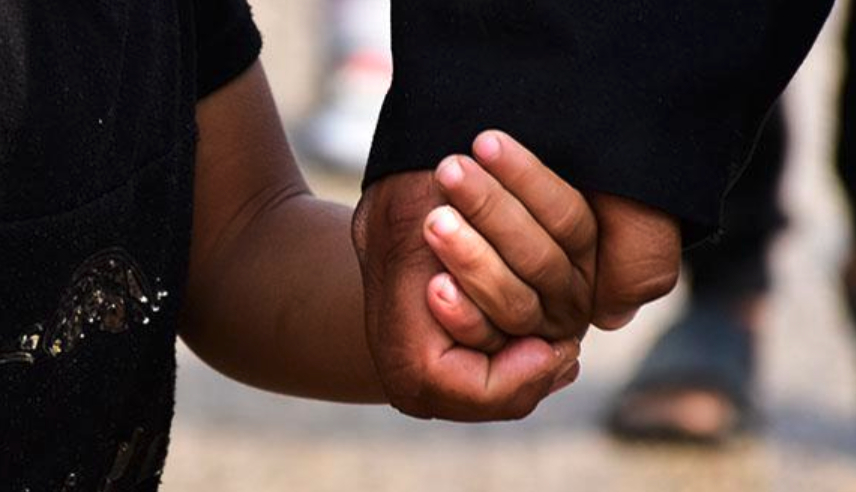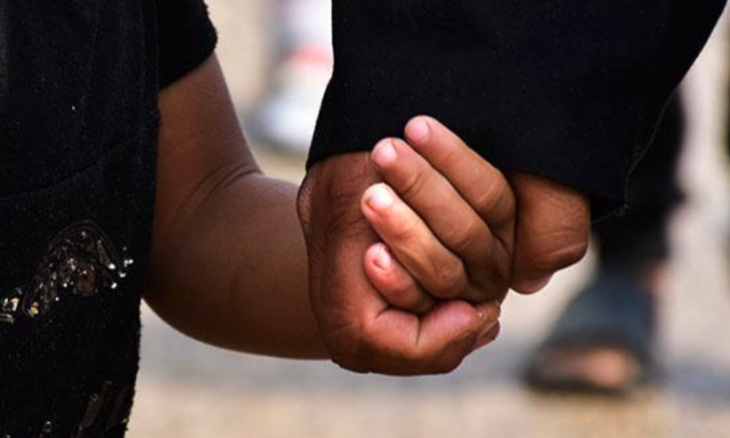Child Abuse: Too Big a Problem

As with the abuse of adults covered a week ago, child abuse takes many forms: physical, sexual, and emotional. It can also involve neglect—the failure to provide adequately for the child–or medical abuse, which occurs when someone gives false information about an illness in a child that requires medical attention, putting the child at risk of injury and unnecessary medical care.
The Centers for Disease Control and Prevention report at least 1 in 7 children have experienced child abuse or neglect in the past year in the U.S. They agree that the number is likely an underestimate because many cases go unreported. In 2020, 1,750 children died of abuse and neglect in America.
While most in the child abuse category are victims of neglect, nearly 20 percent are estimated to experience physical abuse. Approximately one in four girls and one in 13 boys are sexually abused before the age of 18.
Households in which there is alcoholism, substance abuse, or anger issues, demonstrate higher occurrences of child abuse as compared to households without those factors. Child abuse can occur in any cultural, ethnic, or income group. Abuse can result in both short and long-term injury or even death. Often children may be unaware that they are victims of abuse.
According to Dr. Martin H. Tiecher, the trauma of abuse induces a cascade of effects, including changes in hormones and neurotransmitters that mediate the development of vulnerable brain regions. The effects of child abuse can last a lifetime.
Is spanking abuse? Whether any form of corporal punishment should be considered child abuse has long been the subject of debate among psychologists. Across history, a brief spanking as punishment for a specific action was widely tolerated and even encouraged in many cultures… and it was legal. Many states do not consider this practice to be child abuse.
However, a growing body of evidence suggests that spanking is strongly associated with depression, anxiety, behavioral problems, and aggression in children, and both the American Academy of Pediatrics and the American Psychological Association claim spanking is harmful and unnecessary.
What about “spare the rod and spoil the child?” Christian pediatrician, Dr. Williams Sears, in The Discipline Book, suggests that the “rod” spoken of in Proverbs 13:24 , refers to the idea of authority rather than a literal rod. The rod was a tool often used by shepherds to herd the sheep, to guide and protect. For comparison consider Psalm 23 where you read, “Thy rod and thy staff, they comfort me.” Biblical parenting is based on showing children love and respect, guiding them, teaching them, and protecting them from harm, just as God, your loving Father, does with you.
Every state has an agency charged with child protection. If someone believes a child is being abused, and that includes being neglected, it behooves them to confirm the facts the best they can, and report the matter to Child Protective Services, which can be done anonymously. The parent or guardian will be contacted by authorities who will investigate. If serious abuse is discerned and immediate intervention is needed, a call to the police department will facilitate that.
If authorities believe the child is in danger, they will remove the child from the home until it is safe to return. If the reported abuse is confirmed and yet the child remains in the home, their health and well-being and the behavior of the abuser will be monitored.
Every state has people in authority who are mandated reporters of abuse, including physicians, nurses, social workers, and psychologists. School teachers and volunteer personnel also have a duty to report abuse. Presently, in some states, clergy are not mandated reporters and clergy-penitent privilege is not waived in cases of suspected child abuse or neglect. In fact, under their laws, clergy or priests are expressly exempted from reporting abuse heard in a confession. Many of those states are working to repeal those laws as belief in the higher interests of the abused child prevails.
The Bible says children are to be loved, cared for, trained, taught, and disciplined. Ephesians 6:4 cautions, “Fathers, do not provoke your children to anger, but bring them up in the discipline and instruction of the Lord.”
How then should we pray?
- For all parents, guardians, and caretakers of children to be able to put aside stresses, tiredness, other difficulties in their lives, in order to best love and care for the children entrusted to them.
- For anyone who is abusing a child to immediately stop-and for them to be able to get emotional and/or psychological help.
- For children who are the victims of abuse to find safety, protection, and care.
- For adults who were abused as children and still suffer from the untended wounds.
- For parents and children to know they are loved by God.
- For the caseworkers and the administrations at Child Protective Services as they are often overwhelmed.
- For churches to have good instruction for parents, offering parenting classes or anger management classes as needed.
- For states that are grappling with whether to include clergy among mandated reporters.





